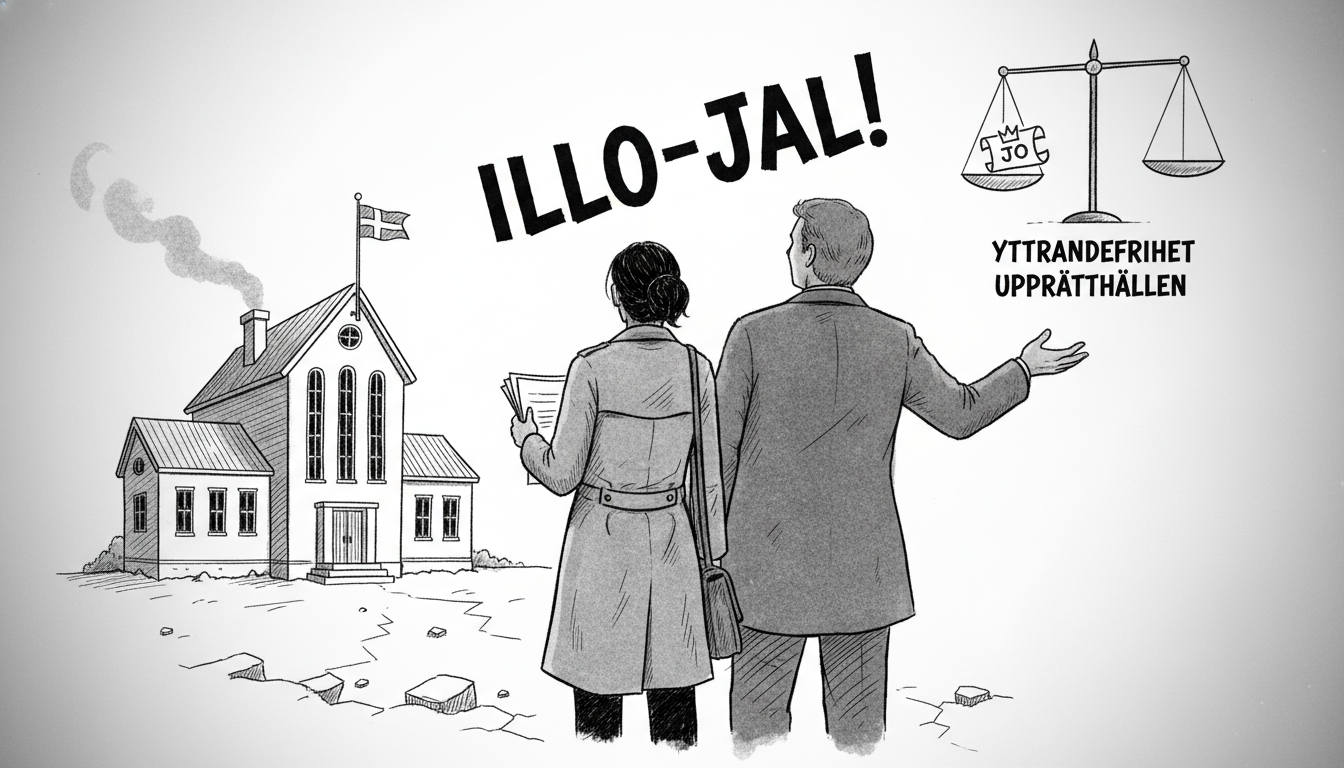A Swedish teacher faced accusations of disloyalty from her principal after reporting student support deficiencies to the national Schools Inspectorate. The teacher, Helén Svensson, contacted education authorities about inadequate student assistance at her school. Her principal then labeled her actions as disloyal behavior.
The Parliamentary Ombudsman has now criticized the principal for violating the teacher's freedom of expression. This marks an important decision protecting whistleblower rights within Sweden's education system. The case originated from Flatasskolan, though the school's exact location remains unspecified in official documents.
Sweden's strong legal protections for freedom of speech extend to public employees, including teachers. The country's constitutional laws specifically safeguard public sector workers who report misconduct or deficiencies. This case demonstrates how these protections function in real educational environments.
Teacher whistleblower rights in Sweden have evolved through decades of legal precedent. Previous cases have established that educators cannot face retaliation for reporting student welfare concerns. The current decision reinforces this principle while addressing modern educational challenges.
The Ombudsman's ruling carries significant weight in Swedish administrative law. Their decisions often influence how public institutions handle internal criticism and reporting mechanisms. This particular case may prompt schools nationwide to review their internal complaint procedures.
International readers should understand that Swedish teachers enjoy stronger legal protections than in many other countries. The nation's approach balances institutional loyalty against the public interest in transparency. This creates a system where reporting genuine concerns receives legal backing rather than punishment.
The case raises questions about how schools balance administrative authority with staff rights. While principals must maintain organizational cohesion, they cannot suppress legitimate concerns about student welfare. The Ombudsman's intervention clarifies where these boundaries lie in practice.
What consequences might this ruling have for Swedish education? Schools may need to develop clearer protocols for handling staff concerns. Teachers might feel more secure reporting issues affecting student learning conditions. The decision ultimately strengthens quality assurance mechanisms within the education sector.
The situation reflects broader trends in Nordic countries regarding transparency and accountability. Similar cases have emerged in Norway and Denmark, where public employees increasingly assert their right to report deficiencies. This creates an interesting regional pattern of strengthening whistleblower protections.
For expatriate teachers in Sweden, this ruling provides important clarity about their rights and protections. It demonstrates that the legal system will intervene when school administrators overstep their authority regarding staff expression. This should reassure international educators working within the Swedish system.
